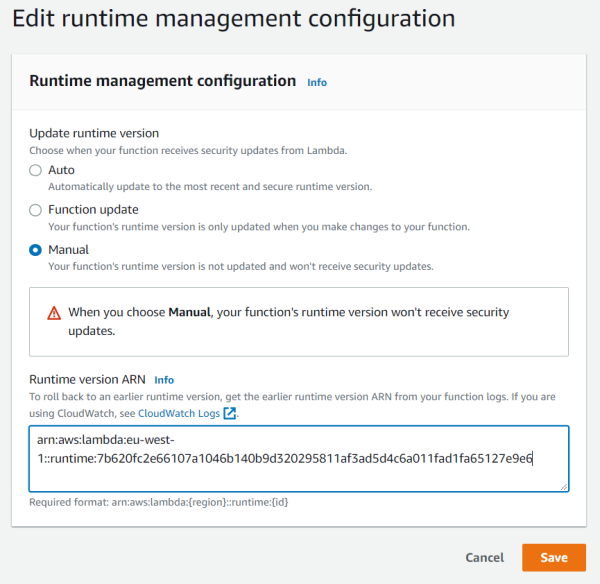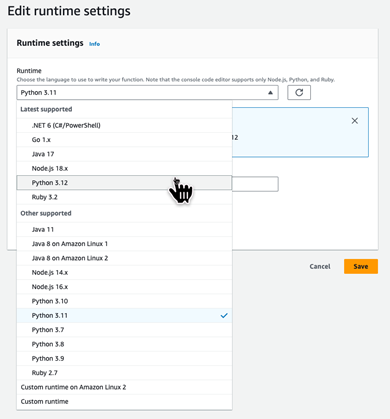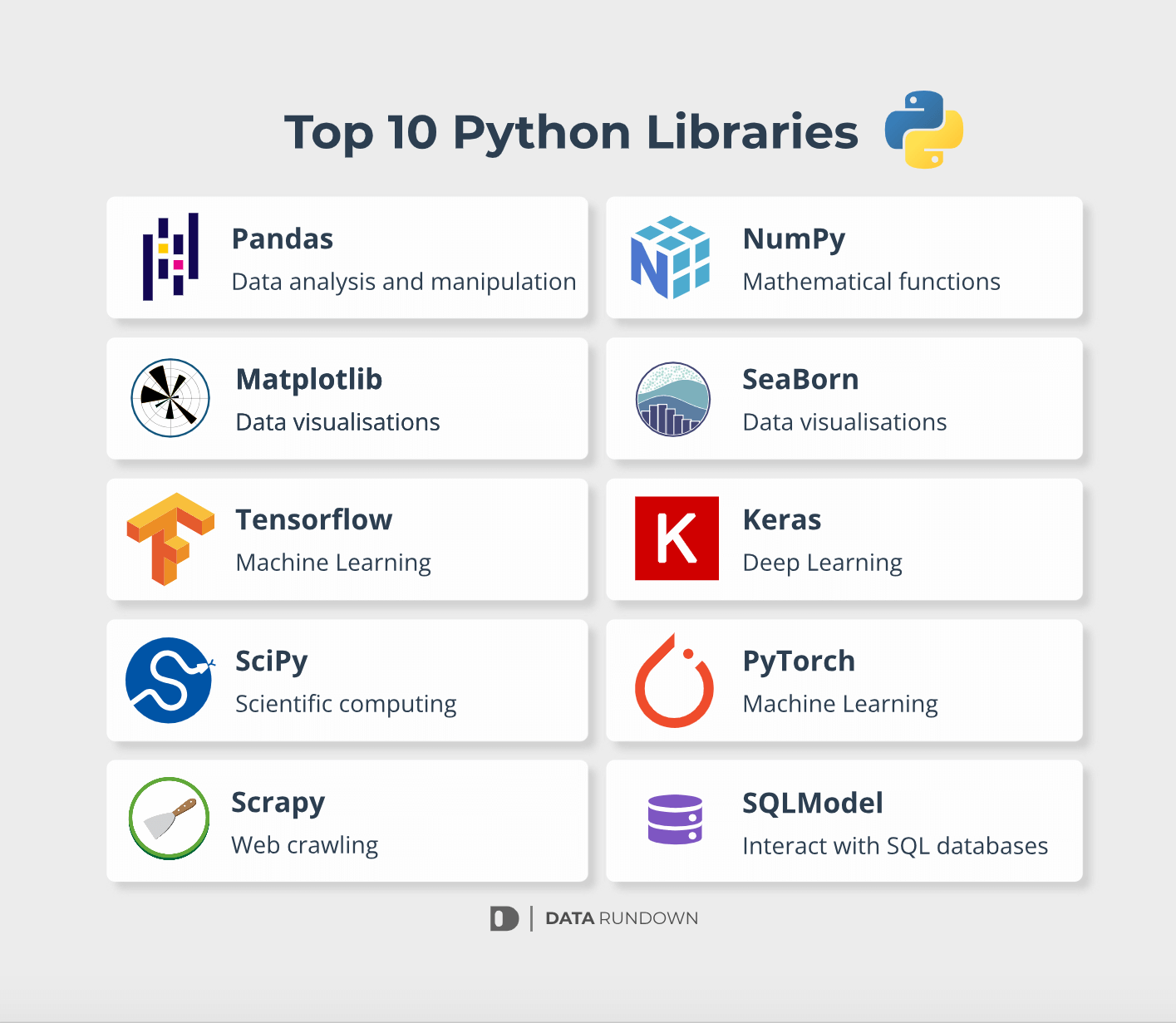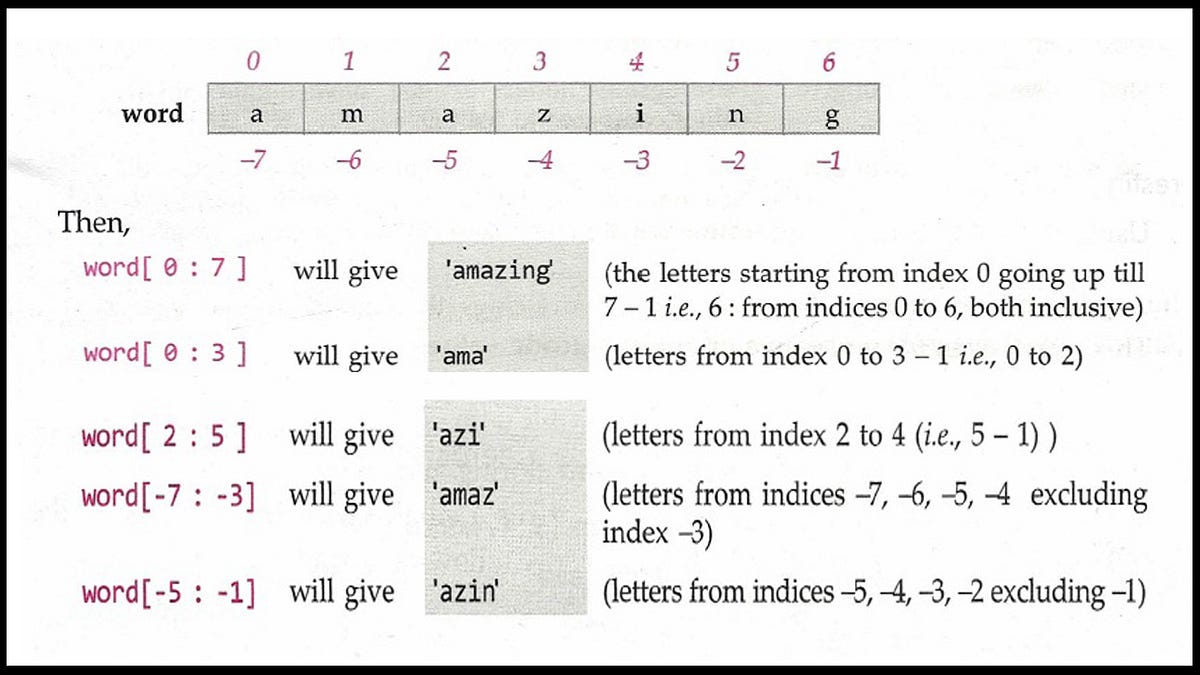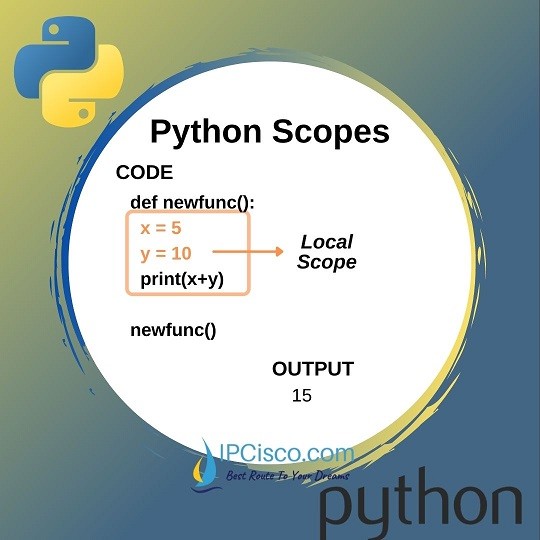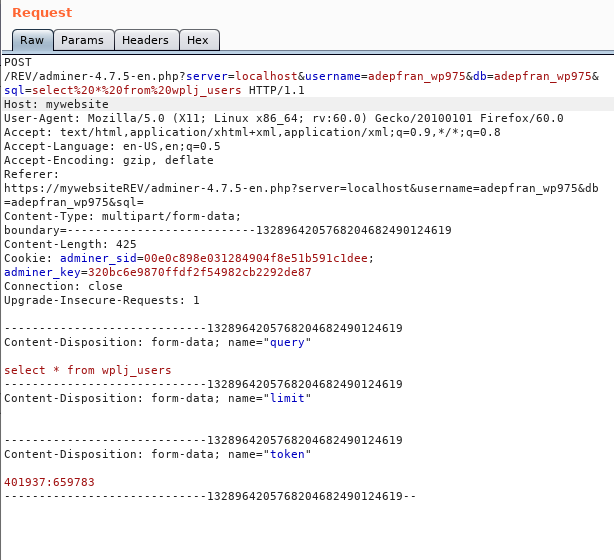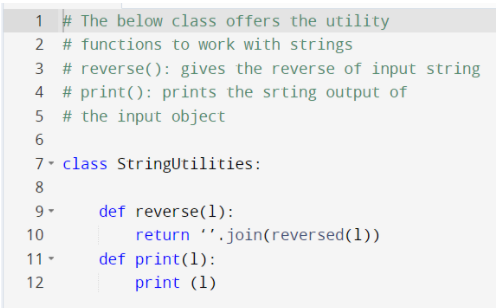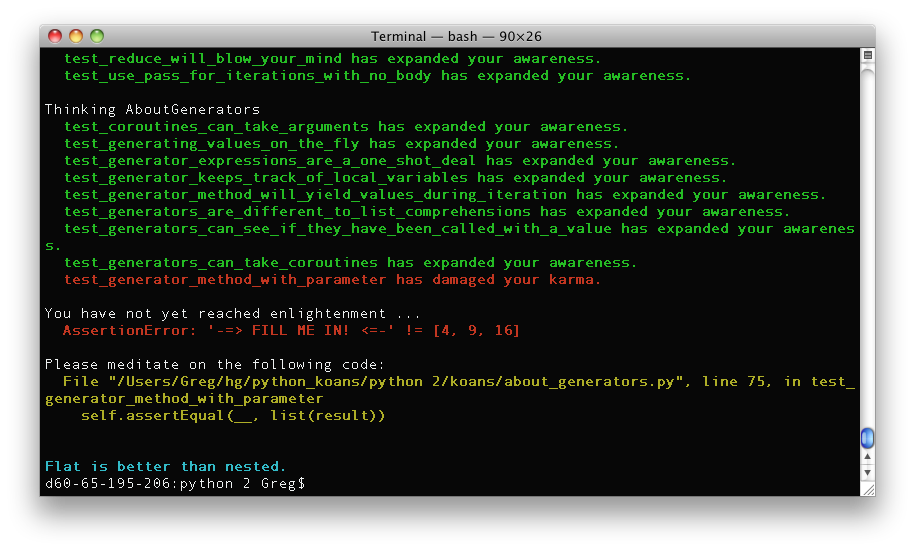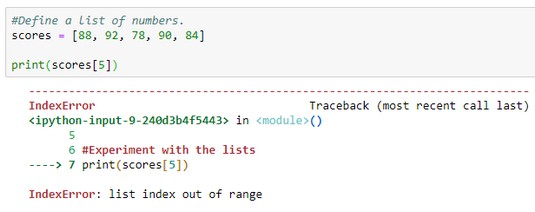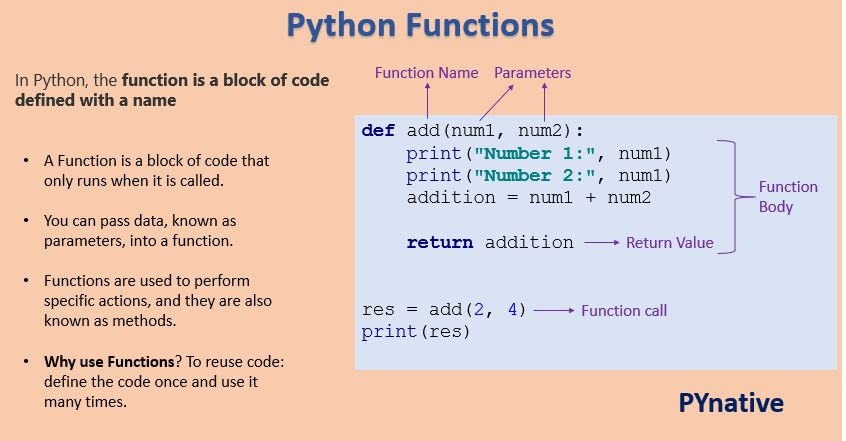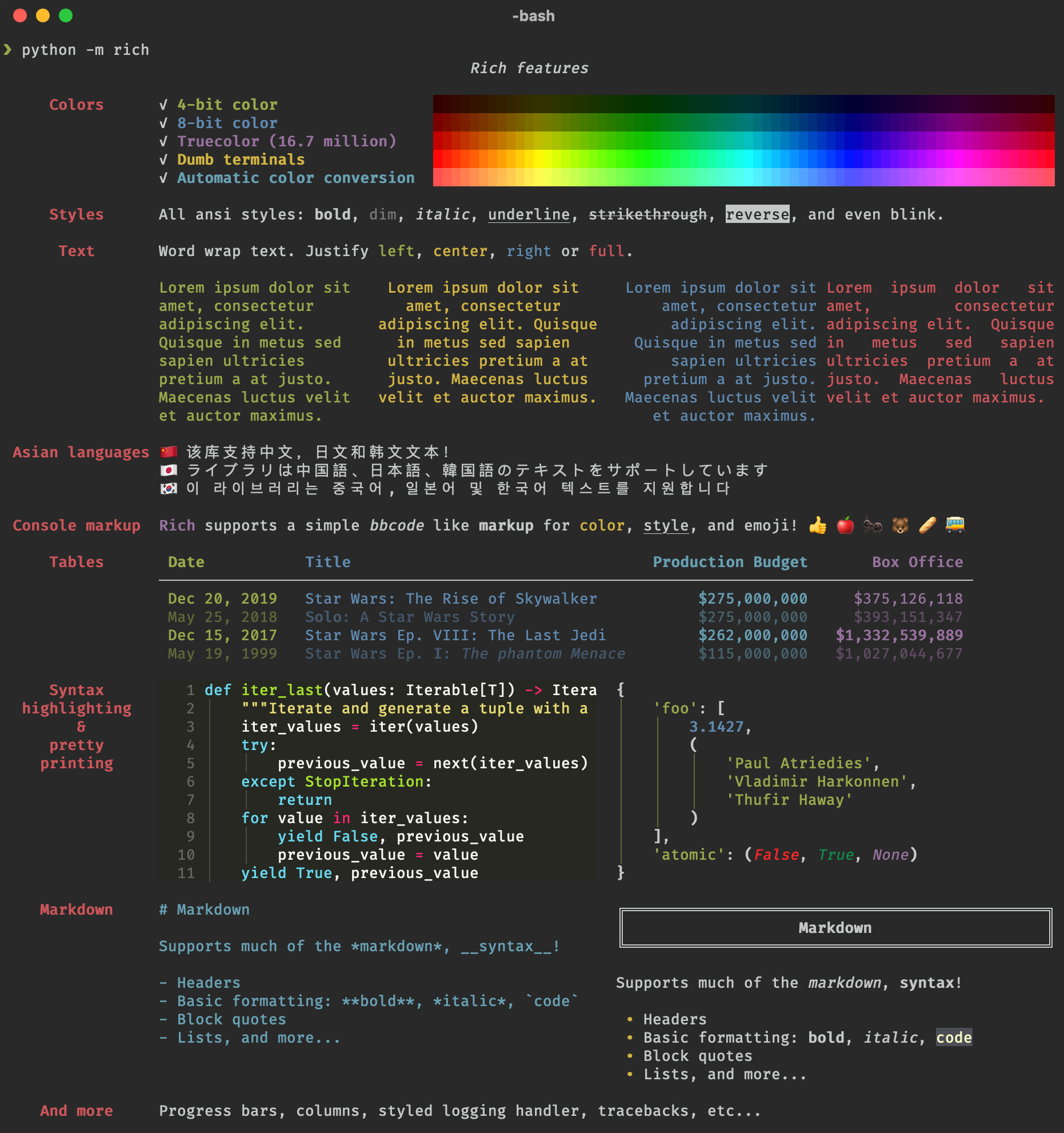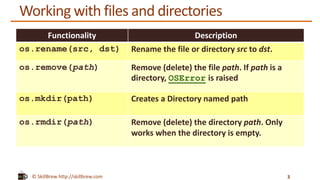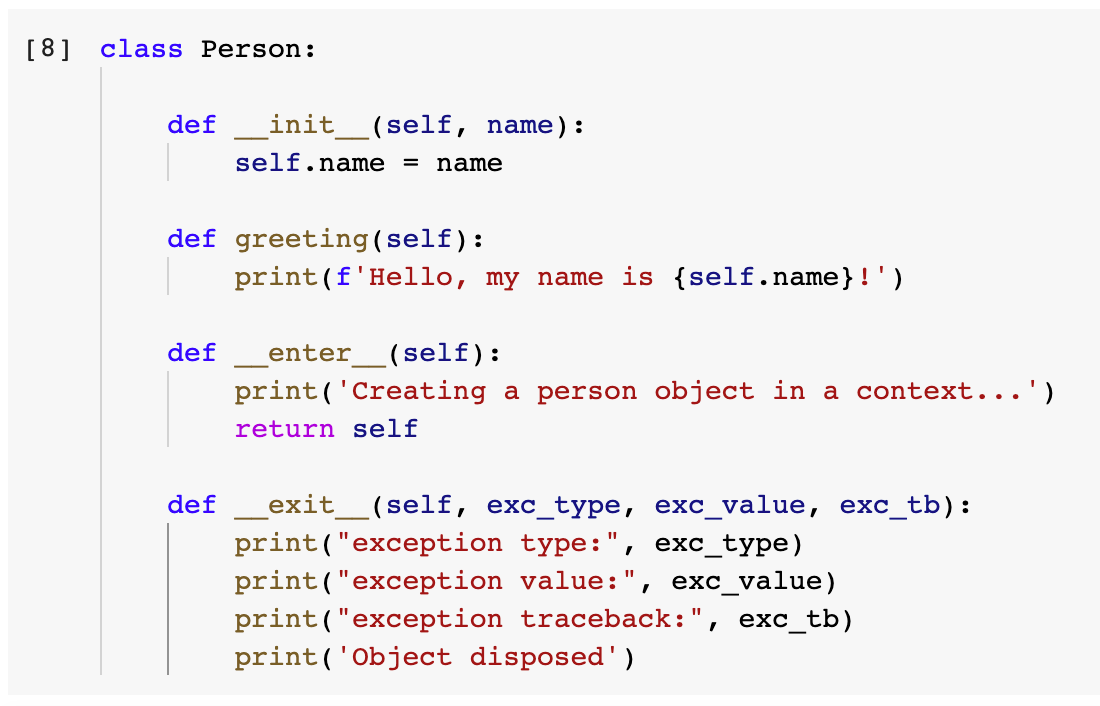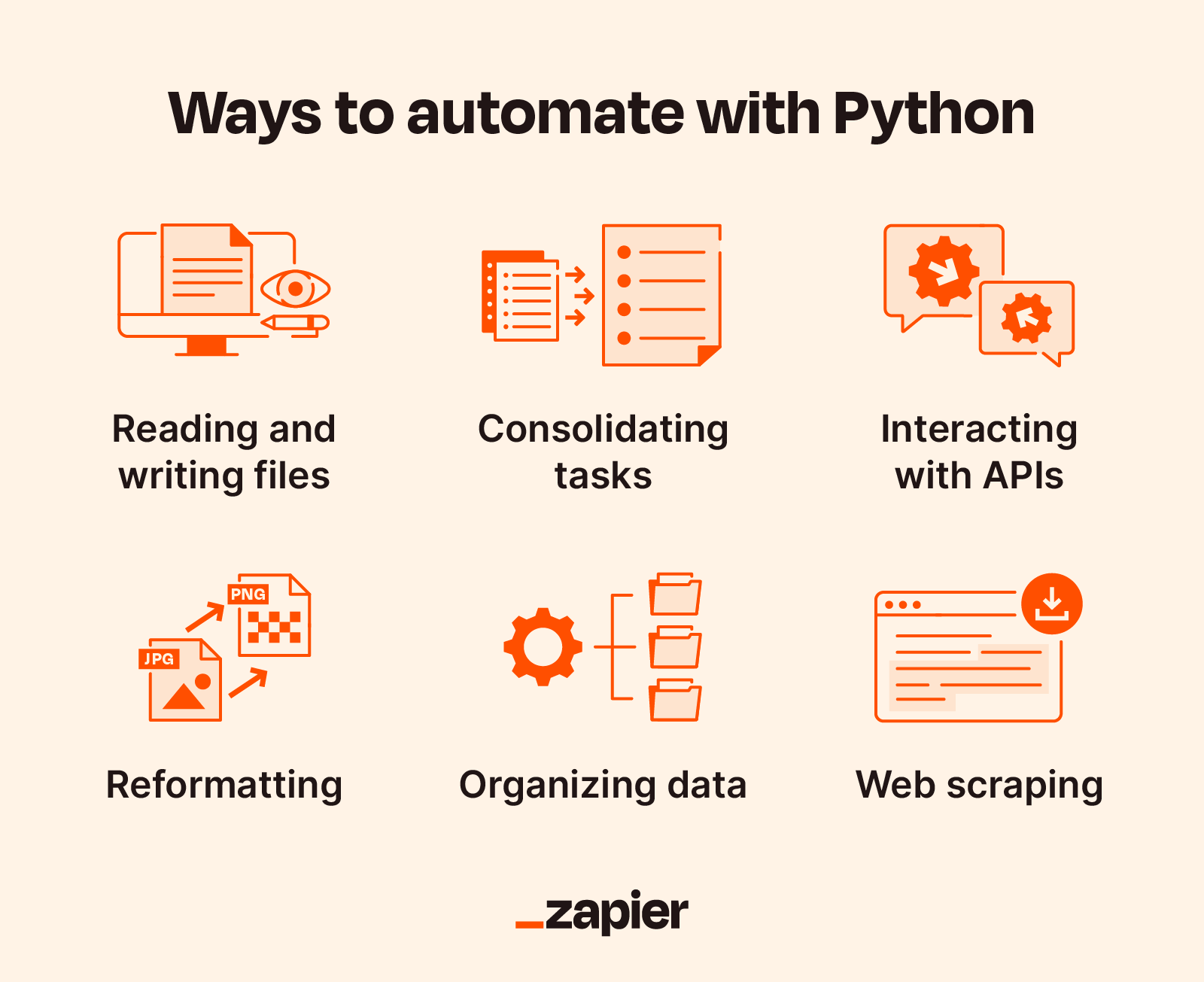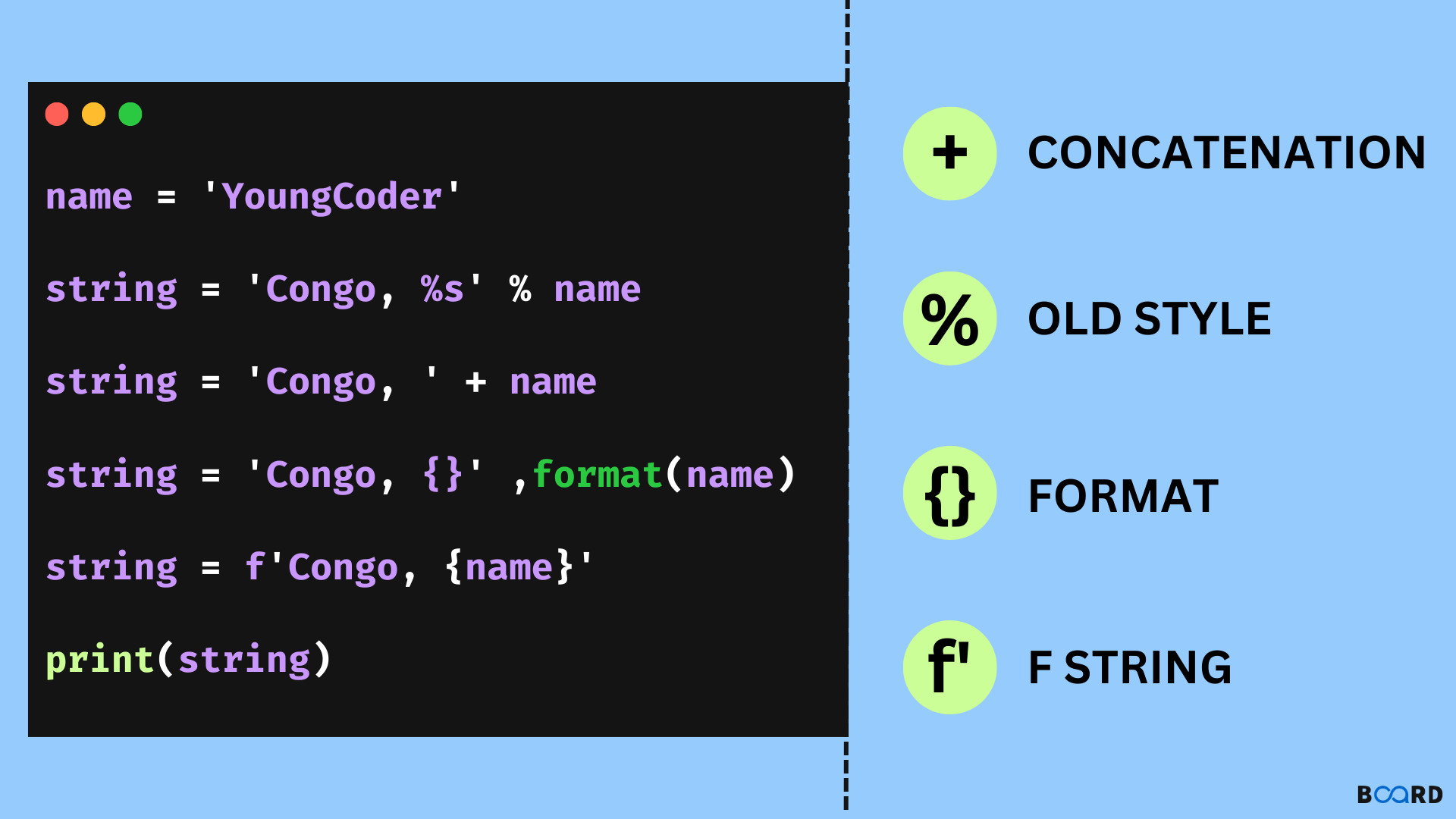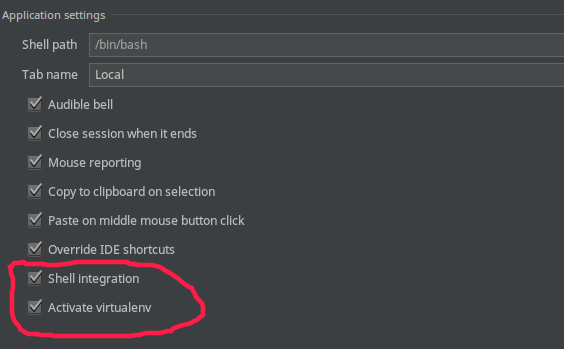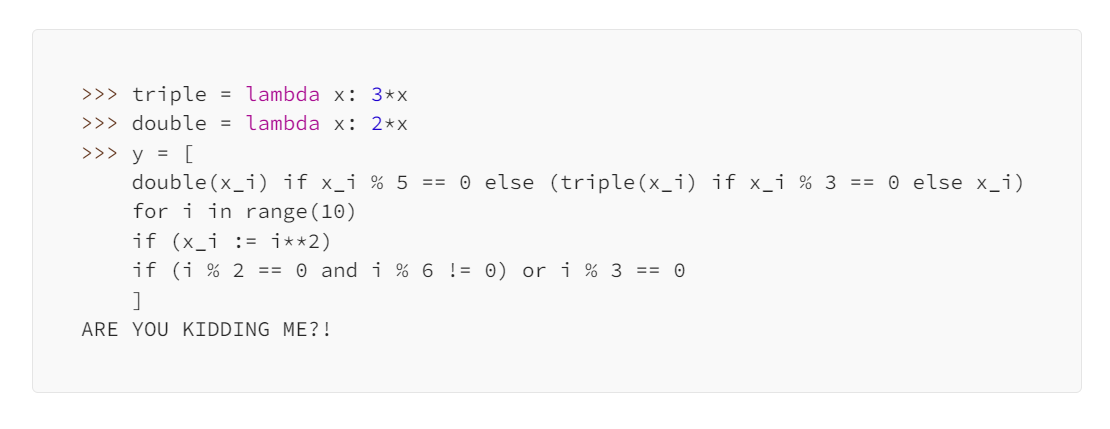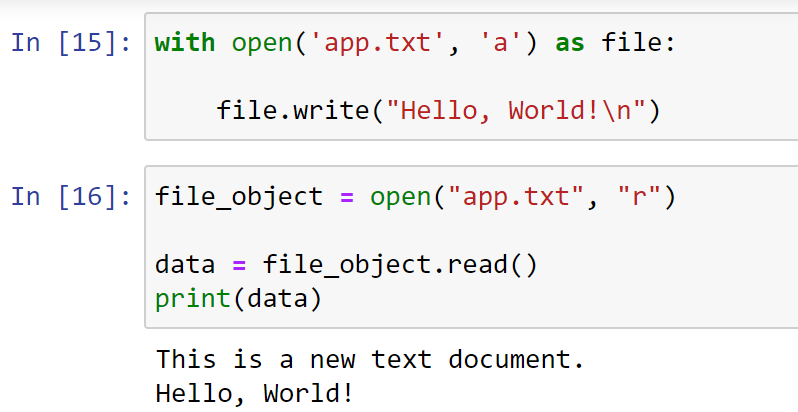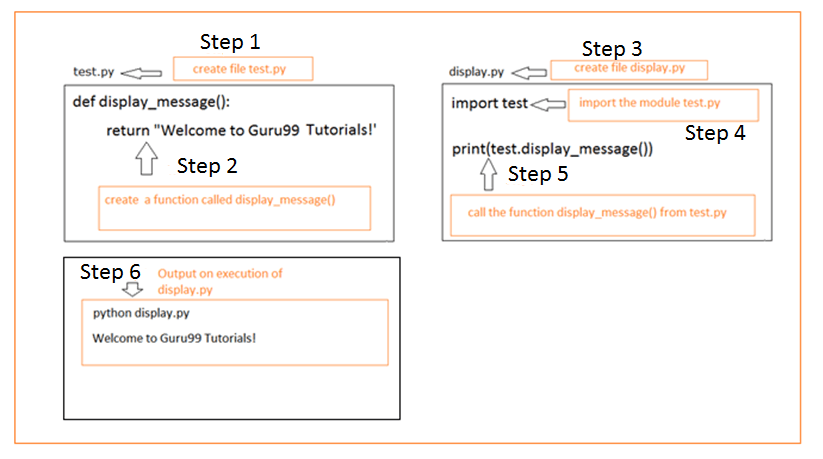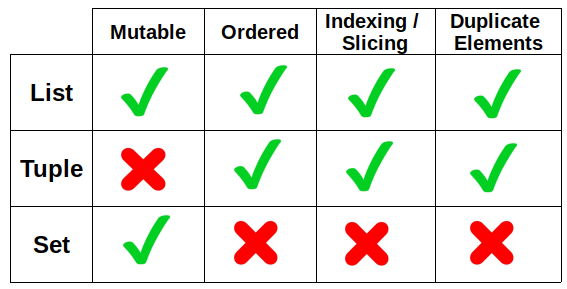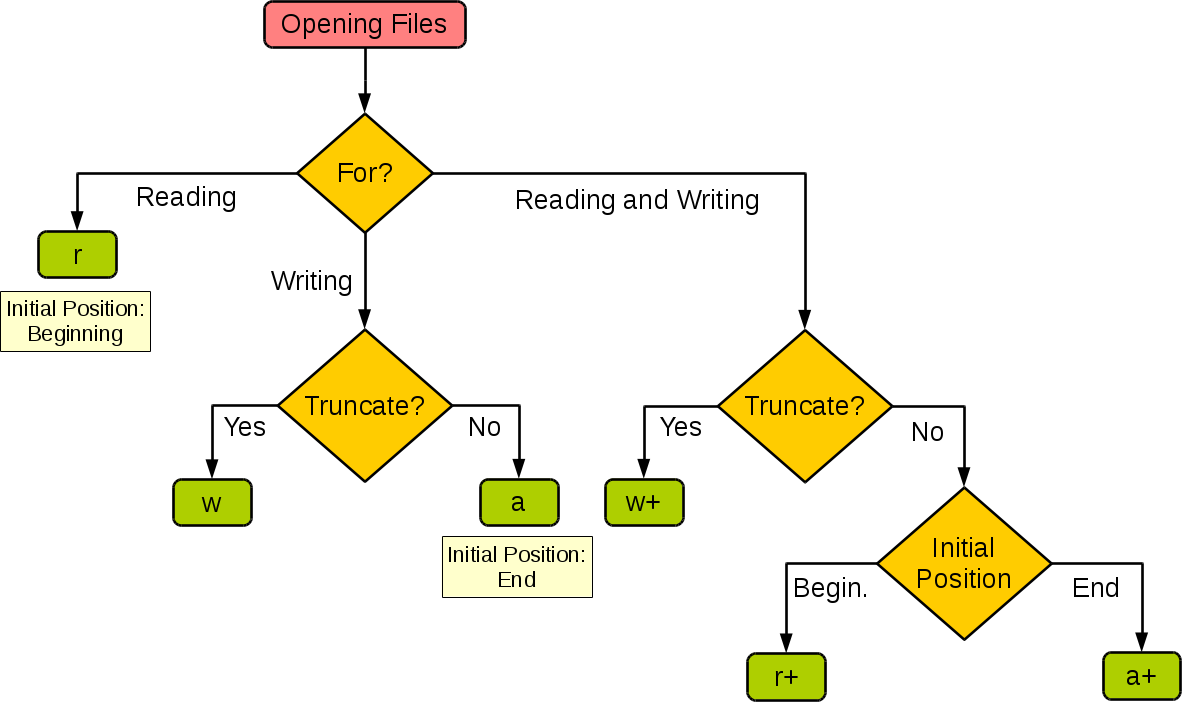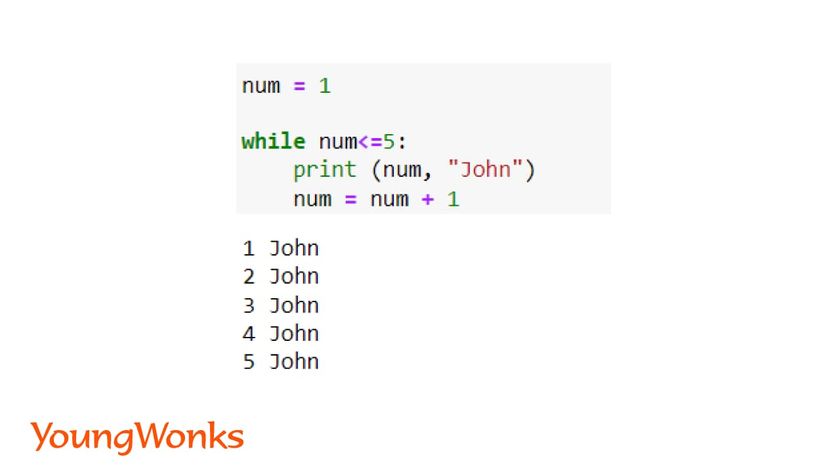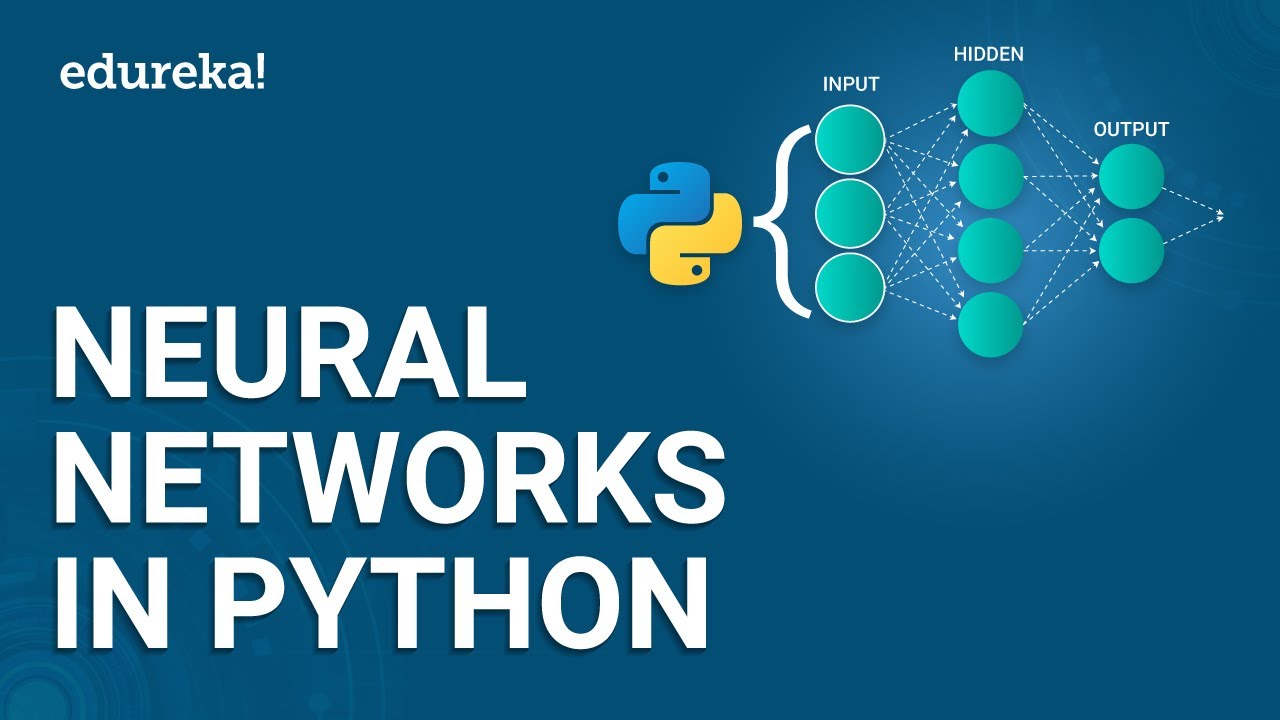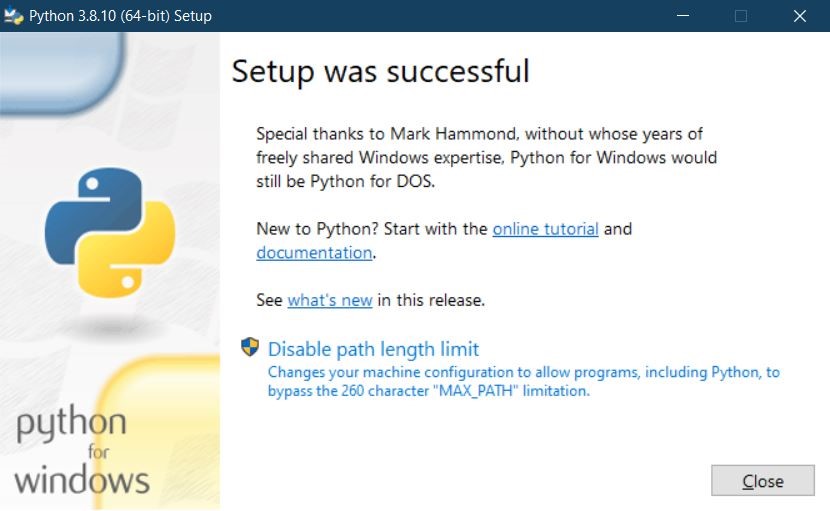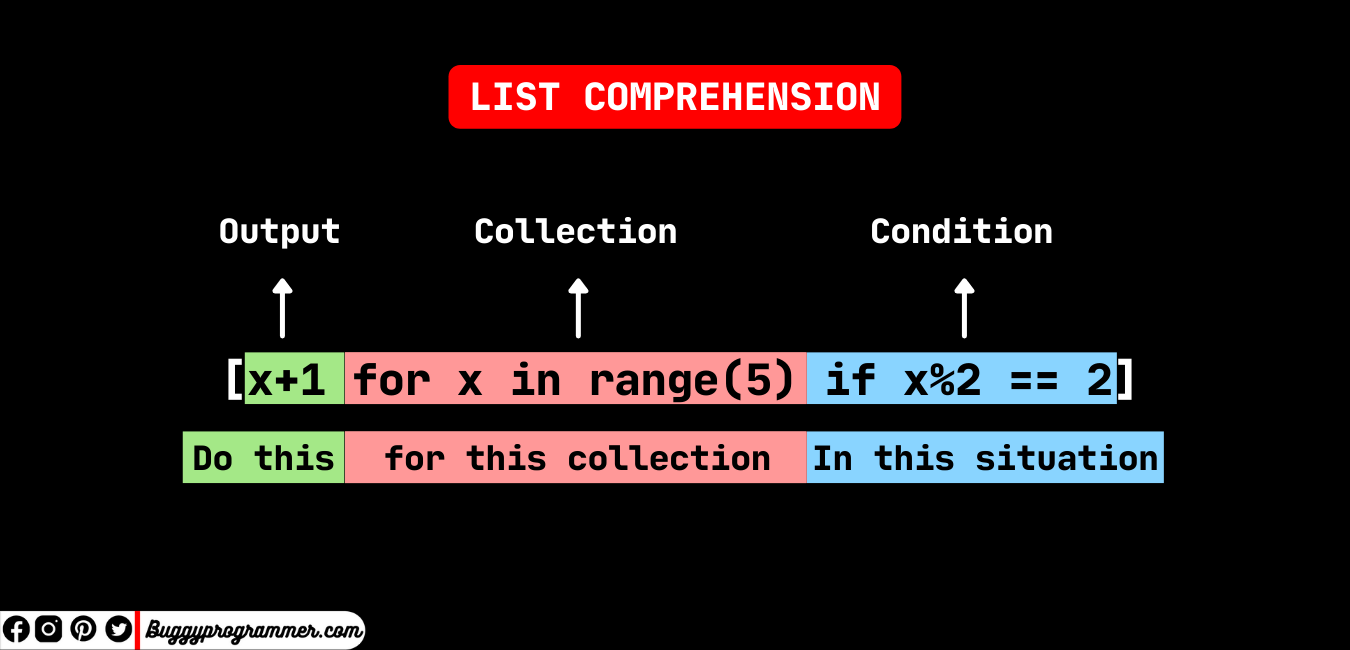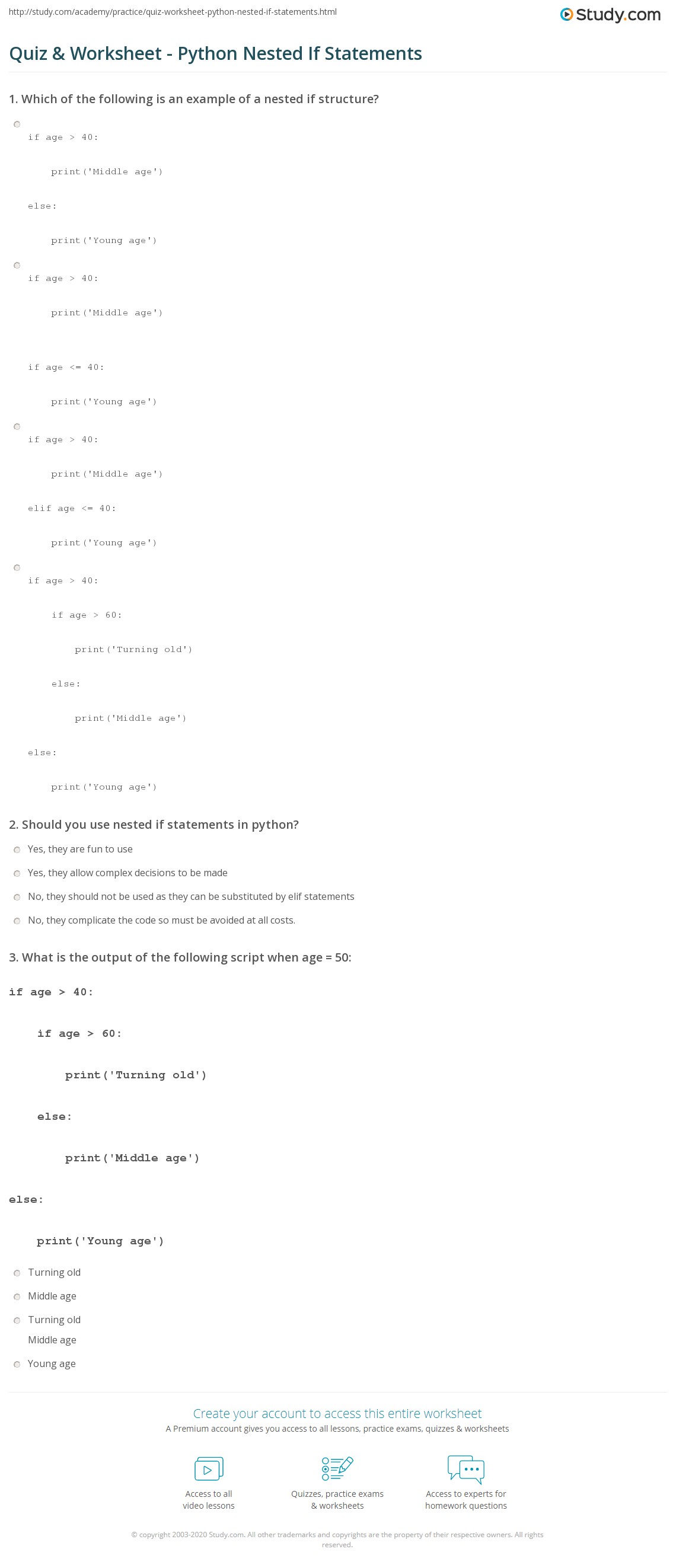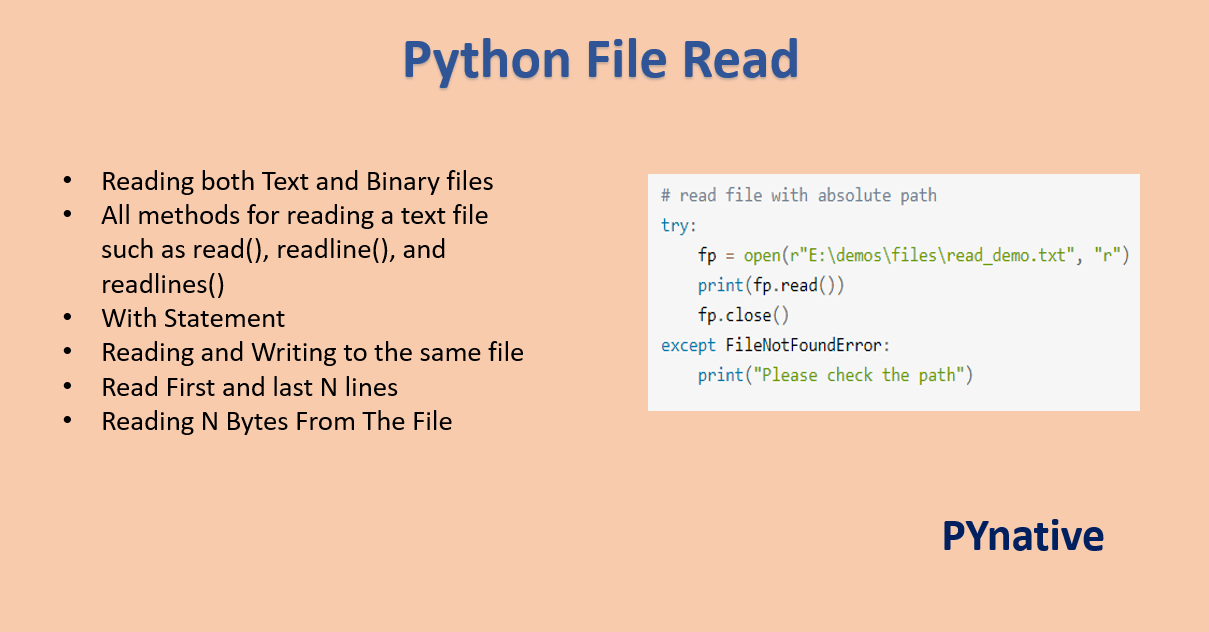AWS Lambda/Python runtimes
AWS Lambda/Python runtimes
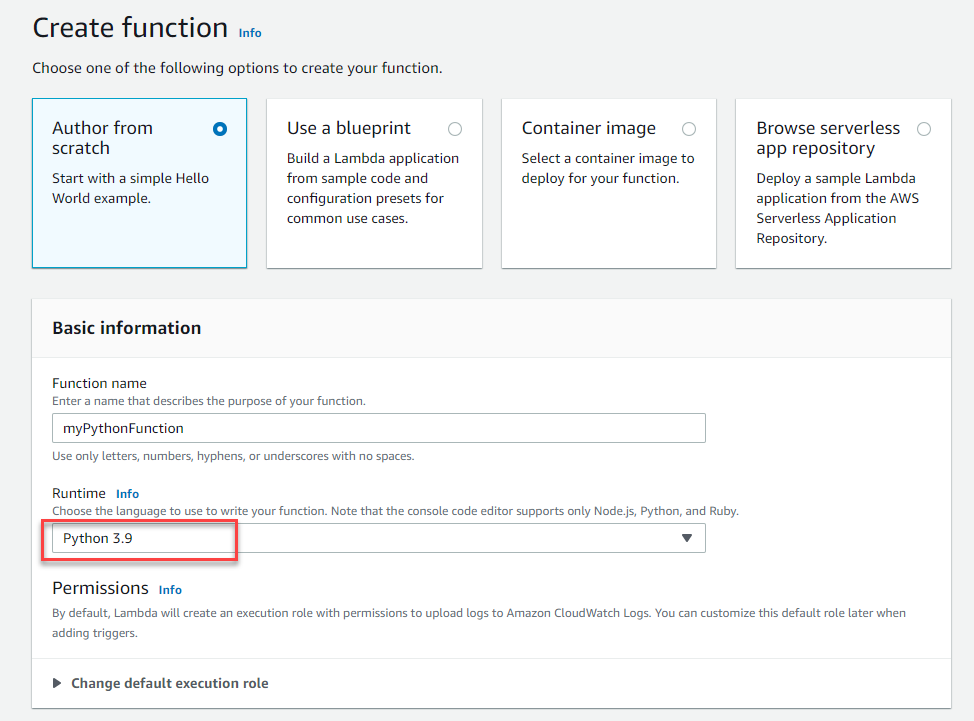
I'd be happy to help you with that!
AWS Lambda is a serverless computing service provided by Amazon Web Services (AWS). It allows developers to execute code without provisioning or managing servers. Lambda provides a flexible and scalable environment for running code, making it an ideal choice for a wide range of applications.
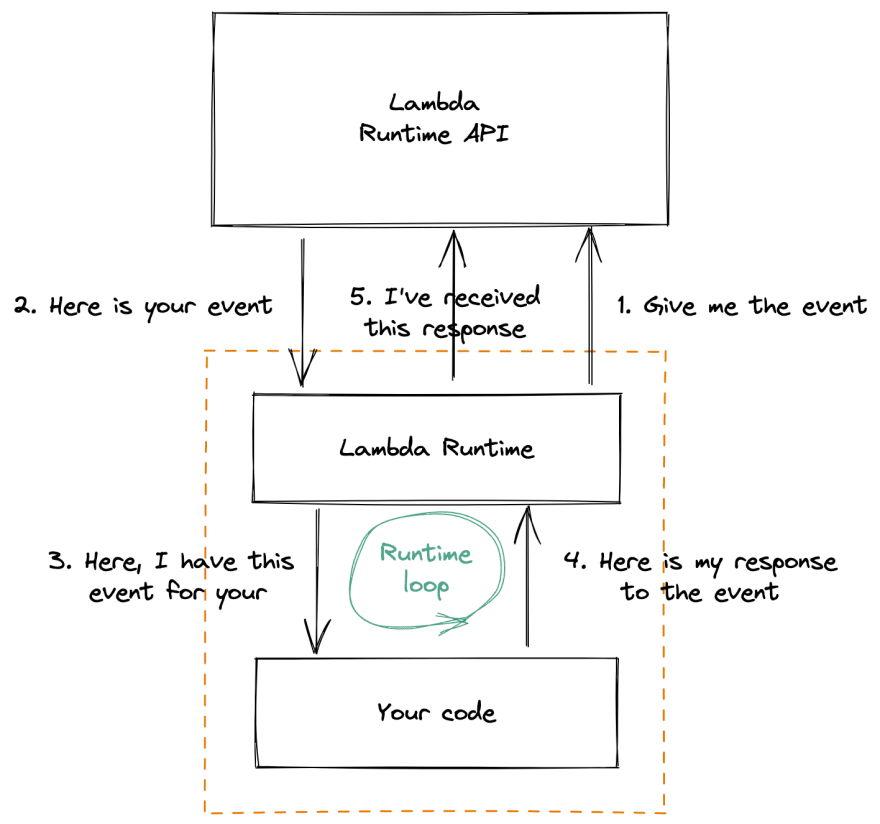
One of the most significant benefits of using AWS Lambda is its event-driven architecture. This means that your code is triggered by specific events or triggers, such as changes to a database, updates to a file, or new messages in a message queue. This approach allows you to write code that reacts to specific events and takes actions accordingly.
AWS Lambda supports multiple runtimes, including Python, Node.js, Java, C#, and Ruby. For this response, we'll focus on the Python runtime.
The Python runtime for AWS Lambda is designed to provide a seamless integration with your existing Python code. When you deploy a Python-based Lambda function, AWS handles the underlying infrastructure and provides a managed environment that includes:
Runtime Environment: AWS provides a managed environment for executing Python code, including a Python interpreter, libraries, and modules. Dependencies Management: You can specify dependencies for your Python package using requirements.txt files or pip install commands. Lambda takes care of installing these dependencies in the runtime environment. Memory Allocation: Lambda allocates memory based on the function's configuration, providing a flexible range from 128 MB to 3008 MB. Execution Time: You can configure the maximum execution time for your Python function, which can be up to 15 minutes.To get started with AWS Lambda and Python, you'll need to create a new Python file containing your code. This file should include a handler function that responds to events and performs specific actions. For example:
import boto3dynamodb = boto3.resource('dynamodb')
table = dynamodb.Table('my-table')
def lambda_handler(event, context):
Process the event data and update the DynamoDB tableitem = {'id': 1, 'name': 'John'}
table.put_item(item)
return {
'statusCode': 200,
'body': 'Item added to DynamoDB!'
}
This example demonstrates a simple Python function that updates a DynamoDB table in response to an event.
When you deploy your code to AWS Lambda, the Python runtime will handle the underlying infrastructure and execute your code according to its configuration. This allows you to focus on writing business logic rather than managing servers or scaling your application manually.
In conclusion, AWS Lambda's Python runtime provides a flexible and scalable environment for executing Python code in response to specific events. By leveraging this service, developers can build robust and highly available applications with minimal overhead and maintenance responsibilities.
Is Lambda deprecated in Python?
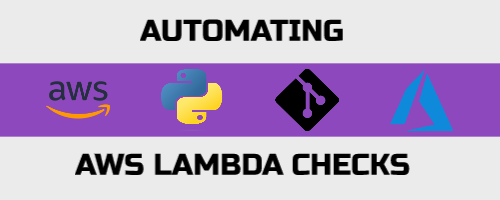
No, Lambda is not deprecated in Python.
In Python, a lambda function is a small anonymous function that can take any number of arguments, but can return only one value. It's often used when you need to pass a simple function as an argument to another function (like map(), filter(), or reduce()) or as a higher-order function.
A lambda function is defined using the lambda keyword followed by arguments and a colon (:) that separates the input from the output. For example:
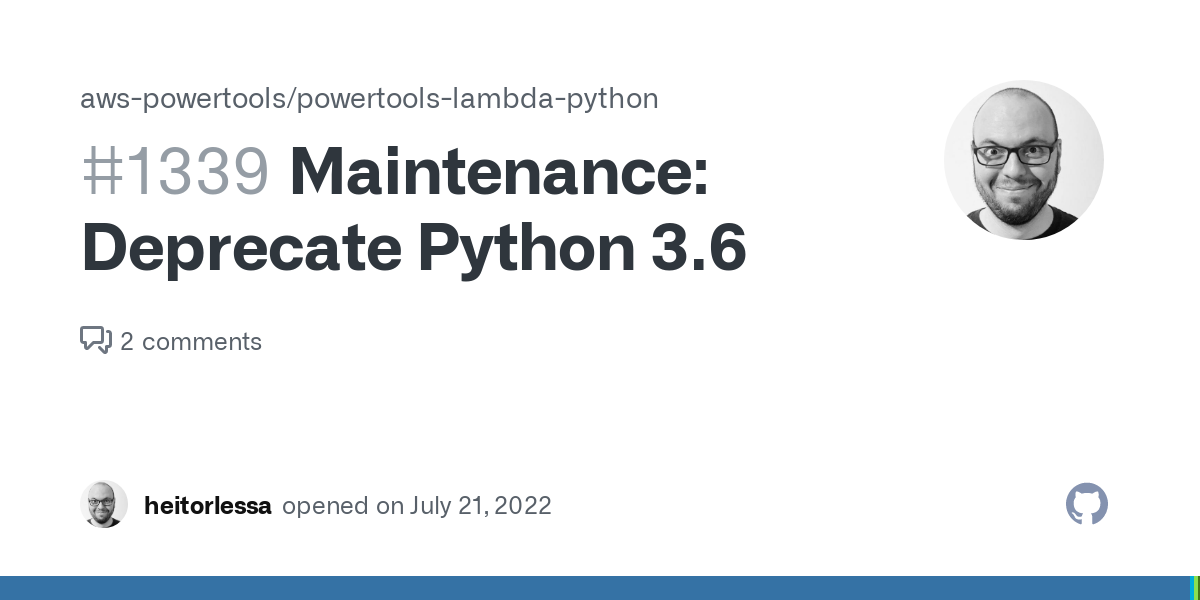
add = lambda x, y: x + y
print(add(3, 4)) # Output: 7
Lambda functions are not deprecated in Python. They continue to be a useful and powerful tool for creating small, one-off functions or as a way to simplify your code.
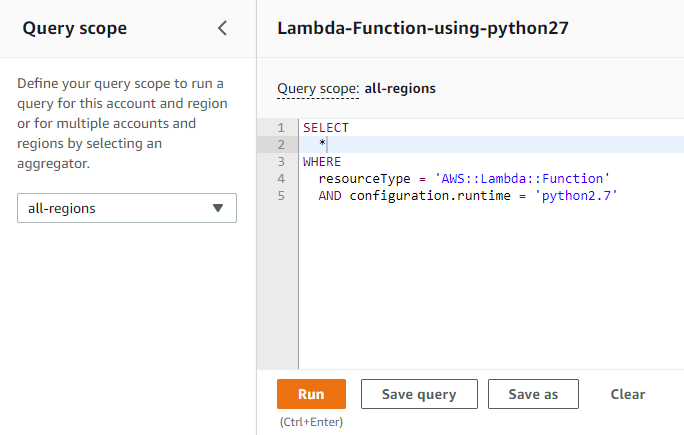
Here are some reasons why you might want to use lambda functions:
Concise code: Lambda functions can make your code more concise by eliminating the need for defining a separate named function. Anonymous functions: Lambda functions do not have a name, which makes them anonymous or "throwaway" functions. This is useful when you only need to use a function once or twice in your code. Function composition: Lambda functions can be composed together using higher-order functions likemap(), filter(), and reduce() to create complex data transformations.
Here are some examples of when you might want to use lambda functions:
Sorting lists with custom sorting criteria: You can use a lambda function as the key argument to thesorted() or list.sort() method. Filtering lists using a custom condition: You can use a lambda function as the predicate argument to the filter() function. Mapping lists using a custom transformation: You can use a lambda function as the function argument to the map() function.
In summary, Lambda is not deprecated in Python and it continues to be a useful tool for creating small, one-off functions or simplifying your code.
